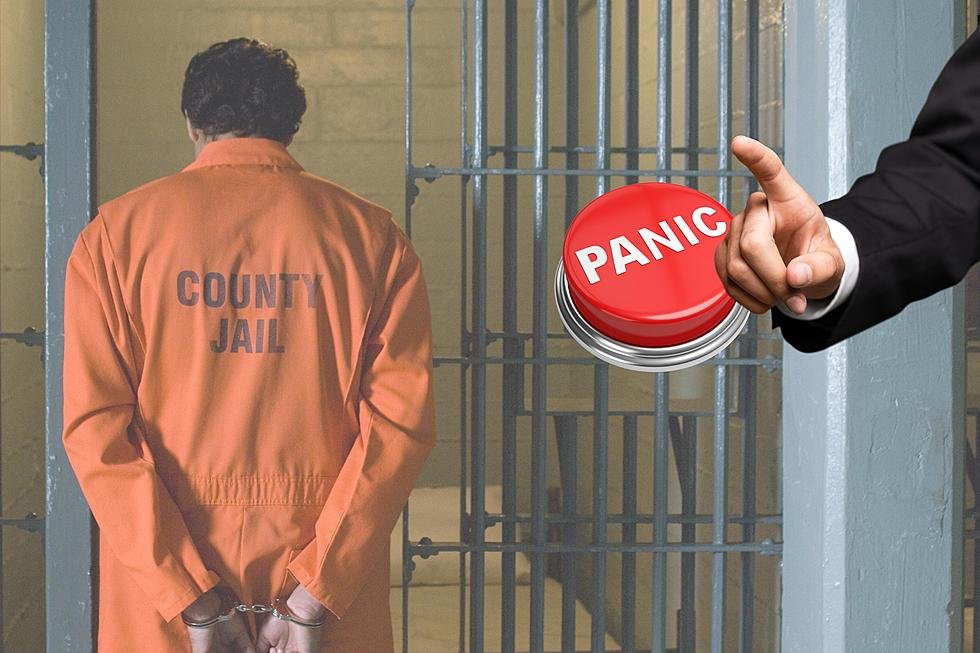Purge Law Illinois: Following the murder of George Floyd, Illinois passed a series of extensive improvements to the criminal justice system that will take effect in January 2023. The Pretrial Fairness Act (PFA), a component of that package, makes it more difficult to imprison defendants before to trial and eliminates cash bail for individuals who are charged with crimes.
In reference to the futuristic horror movie in which every crime, including murder, is briefly legalised once a year, critics have called it “the “Purge” Law.”
Purge Law Illinois:
Following the murder of George Floyd, Illinois passed a series of extensive improvements to the criminal justice system that will take effect in January 2023. The Pretrial Fairness Act (PFA), a component of that package, makes it more difficult to imprison defendants before to trial and eliminates cash bail for individuals who are charged with crimes.
In reference to the futuristic horror movie in which every crime, including murder, is briefly legalised once a year, critics have called it “the “Purge” Law.”
Non-Detentional Offences
The proposed law will abolish monetary bail for 12 non-detainable crimes. Second-degree murder, arson, drug-induced homicide, robbery, abduction, aggravated battery, burglary, intimidation, aggravated driving while intoxicated, fleeing and eluding, drug offences, and threatening a public authority are all prohibited under the law.
“A rise in violent crime worries me greatly. However, I want to emphasise once more that there is still time to correct it. And just like we have been doing over the past 15 months, the state’s solicitors are working extremely hard to change this law.
According to state’s attorney Robert Berlin, “it is very fixable, where we can still eliminate cash bail but make sure the right people are in custody and everyone else who’s not a danger gets out.”
Detention without Trial Before Reform
Prior to the 2021 amendments, Illinois’ pretrial detention practises had a consistent flow. Usually within 72 hours of an arrest, a defendant would receive a detention hearing. In most cases, the hearing was over in within five minutes.
A prosecutor would outline the charges and suggest a bail sum. The terms of release, such as how much cash the defendant had to post before being allowed to leave custody, were then decided by the judge.

Those who could pay their bail left. Even if they posed no chance of evading arrest or committing a new crime, those who couldn’t did so remained in detention until their trial. The poor and marginalised remained in prison, while the affluent and privileged went free.
SAFE-T Act of Illinois
Floyd’s passing prompted an examination of alleged prejudice in the criminal justice system on a national level. The Illinois General Assembly enacted the Safety, Accountability, Fairness and Equity-Today (SAFE-T) Act with the help of the Illinois Legislative Black Caucus.
In terms of criminal justice reform, the SAFE-T Act addresses three main areas:
- Police responsibility
- Corrections (prisons and jails)
- Pre-trial proceedings for crimes
For the crimes that are specified under the Non-Detentionable Crimes, the Safe-T Act would permit criminals a pre-trial release. And if the prosecution is unable to provide “clear and convincing evidence” that the claimed threat may be directed at a particular person.
Unfortunately, the Safe-T Act’s effects have an impact on how quickly criminals who have been arrested must be dealt with. because the accused person’s release could only be decided by prosecutors after 48 hours. 48 hours, in the opinion of the investigators, is insufficient time to gather important evidence from security cameras, laboratory work, and forensic investigation.
The law that governs the pretrial process is known as the PFA. The objective is to switch from a wealth-based pretrial detention system to one that is based on the defendant’s flight risk or likelihood of reoffending.
Elimination of Cash Bail
The first state to do away with cash bail was Illinois. Because they felt that too many people were being kept in pretrial detention merely because they couldn’t post bail, the Black Caucus fought for this ban.
And they’re right. According to one study, the typical accused individual made less than $7,000 the year preceding their arrest, and even when bond is set at $5,000 or less, barely 50% of suspects are able to post it. Therefore, that accounts for almost half of Illinois’ annual total of over 267,000 pretrial inmates.